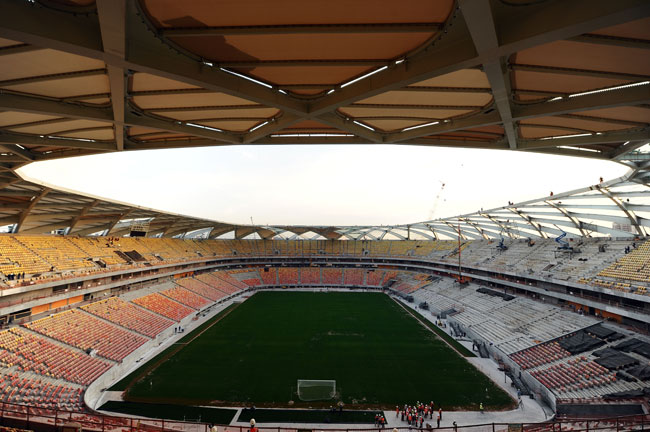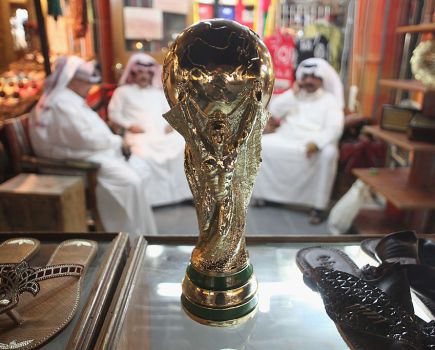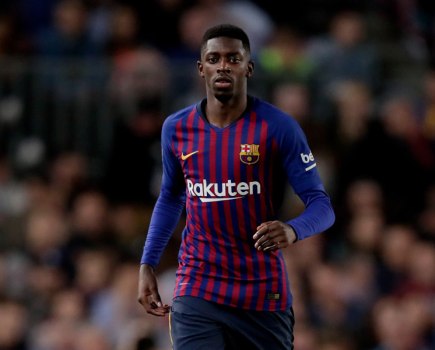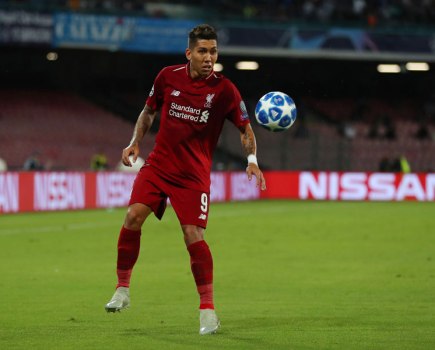Amazonas state governor Omar Aziz told Latin American sports journalists in the capital of the Amazon Basin state that he had not been able to tick off everything on his check list and “a few days more makes no real difference.”
Brazil’s state President Dilma Rousseff might even be able to be here. She had been unable to find space in her crowded political diary had the opening gone ahead this coming weekend as originally planned.
Clearly, affairs of state take precedence over cutting a ribbon or kicking a football; maybe Rousseff felt there was not so much to celebrate here in Manaus after the death of construction worker two weeks ago under a collapsing crane.
She may have also suspected that her presence would serve as a lightning rod for protest, though Aziz derided as lies reports that Rousseff had been scared off by the prospect of street protests.
“That’s not true,” he said. “Some journalists just write things without bothering to ask someone in the know – like me – who could put them right. In any case, protests happen in places like Rio de Janeiro and Sao Paulo, not here in Manaus.”
Aziz also dismissed the demonstrations which swept Brazil last year during the Confederations Cup as lacking in both organisation and purpose. Not like in his militant day when, he said: “I was out protesting against the military dictatorship and in the open, not with my face covered like some of these people now.”
He could not guarantee 100pc security for World Cup visitors next year but he would have two policemen on duty for every kilometre of street by the time England and Italy kick off the Manaus World Cup on June 14.
Preparing for a World Cup was a challenge for any country and this was enhanced in Brazil’s case because it was “a developing country not a fully developed country yet.”
Still, Manaus does have reason for pride. After all, back in December 2011, just before the World Cup qualifying draw, Jerome Valcke was telling this writer that Manaus was the stadium about which he, as FIFA secretary-general, had the greatest concern.
Back then it all appeared so simple.
In the subsequent 26 months, however, four of the dozen venues fell even further behind the Arena Amazonia.
Manaus is in a World Cup time zone all of its own and is a mere 200 miles south of the equator. But, with a population of 1.5m, it is no wonder that the Amazonia risks, more than any other stadium, of collapsing into white elephant status by the time the World Cup circus has moved on to Russia in four years’ time.
Valcke will be here to check on progress at the weekend, chaperoned as ever by Sports Minister Aldo Rebelo (also known as the Minister for Flexible Deadlines).
Later Valcke heads on to Brasilia and Porto Alegre along with Rebelo,
Deputy Sports Minister Luis Fernandes and local organising committee ceo Ricardo Trade. Then he winds up his latest round trip with the team workshop at Costão do Santinho, in Florianópolis, next Wednesday and Thursday.
This latter event is serious business for all the finalist federations, their chief executives, administrative managers, travel agents, medical experts and team managers. There they expect to learn just about everything about the finals except who will win it.
Meanwhile, just when it’s all quiet on the local political front, Romario has suddenly ended a long silence to return to the attack against his favourite target, the Brazilian football confederation.
Fellow Congressmen thought they had silenced Romario by appointing him as chairman of the parliamentary sports and tourism commission. However the former World Cup-winner’s instincts got the better of him and he stood down so he could be free to resume his rants.
In the latest, this week, Romario took advantage of whatever represents parliamentary privilege by describing CBF president Jose Maria Marin, deputy Marco Polo del Nero (a FIFA exco member) and their associates as “crooks, thieves and corrupt.”
The occasion was a debate in the House of Representatives on the Proforte Bill aimed at resolving, once and for all, the tax and social welfare debts of the country’s professional clubs. Several senior club directors were present in a dual role since they are also congressmen.
Rousseff is reliably understood to hold similar views about Marin & Co but knows it would be diplomatically unwise to express them. This may change, of course, once the finals are over.







